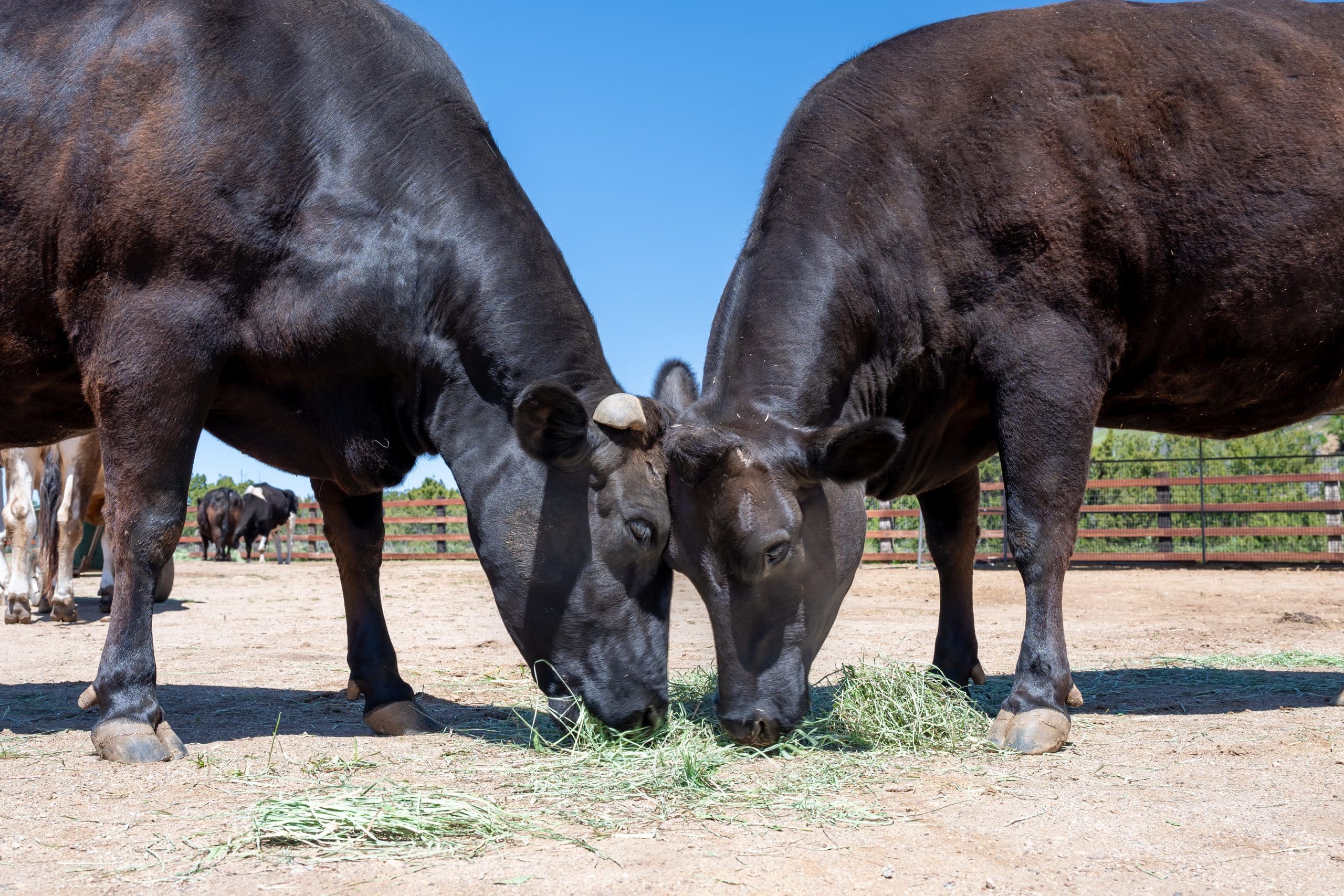Welcome to the Cruelty.farm Blog
The Cruelty.farm Blog is a platform dedicated to uncovering the hidden realities of modern animal agriculture and its far-reaching impacts on animals, people, and the planet. Articles provide investigative insights into issues such as factory farming, environmental damage, and systemic cruelty—topics often left in the shadows of mainstream discussions.
Every post is rooted in a shared purpose: to build empathy, question normalcy, and ignite change. By staying informed, you become part of a growing network of thinkers, doers, and allies working toward a world where compassion and responsibility guide how we treat animals, the planet, and each other. Read, reflect, act—each post is an invitation to change.
In the intricate web of modern animal agriculture, two potent tools—antibiotics and hormones—are wielded with alarming frequency and often with little public awareness. Jordi Casamitjana, the author of "Ethical Vegan," delves into the pervasive use of these substances in his article, "Antibiotics & Hormones: The Hidden Abuse in Animal Farming." Casamitjana's exploration reveals a troubling narrative: the widespread and often indiscriminate use of antibiotics and hormones in animal farming not only impacts the animals themselves but also poses significant risks to human health and the environment. Growing up in the 60s and 70s, Casamitjana recounts his personal experiences with antibiotics, a class of drugs that have been both a medical marvel and a source of growing concern. He highlights how these life-saving medicines, discovered in the 1920s, have been overused to the point where their efficacy is now threatened by the rise of antibiotic-resistant bacteria—a crisis exacerbated by their extensive …


























































